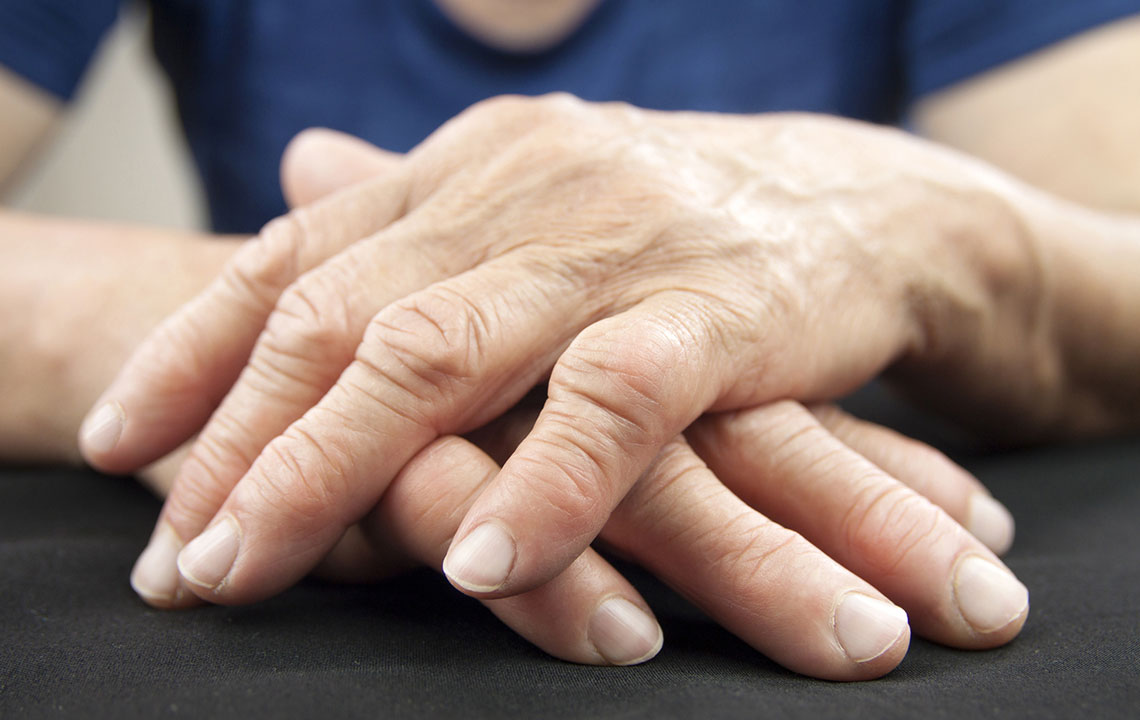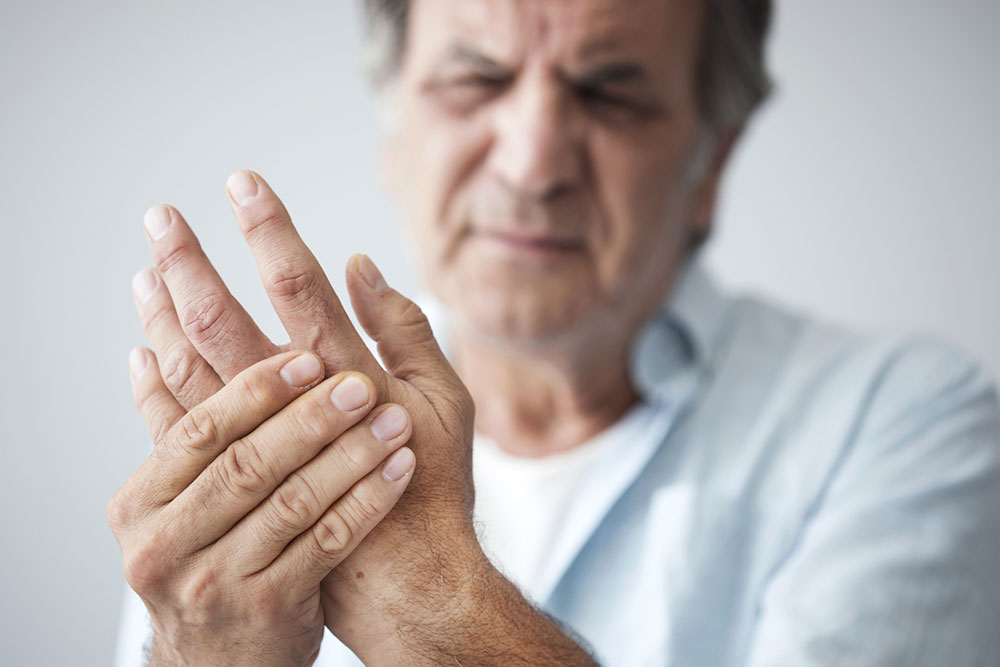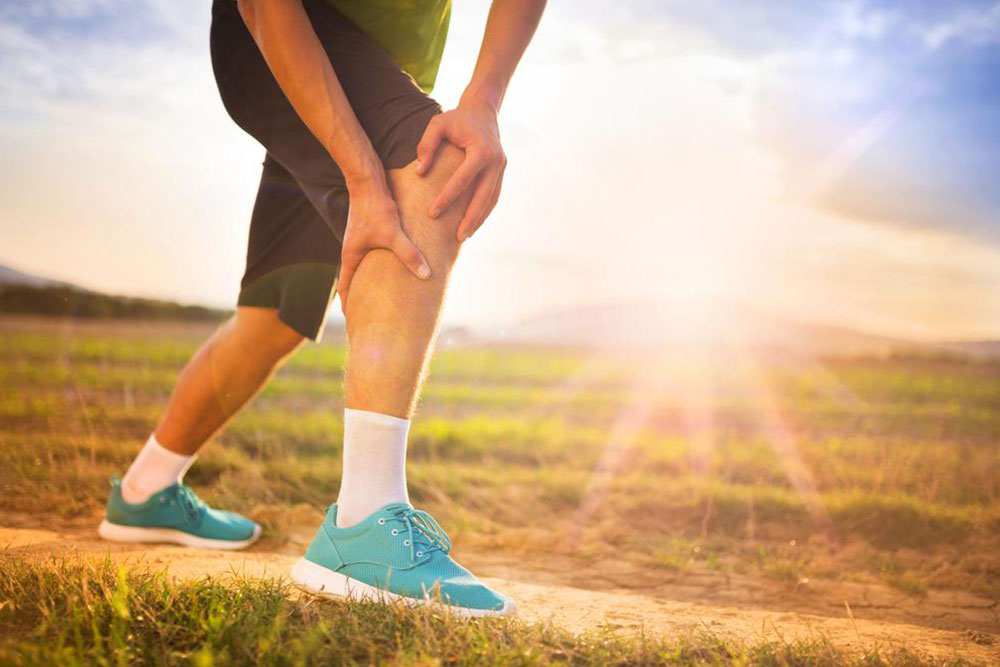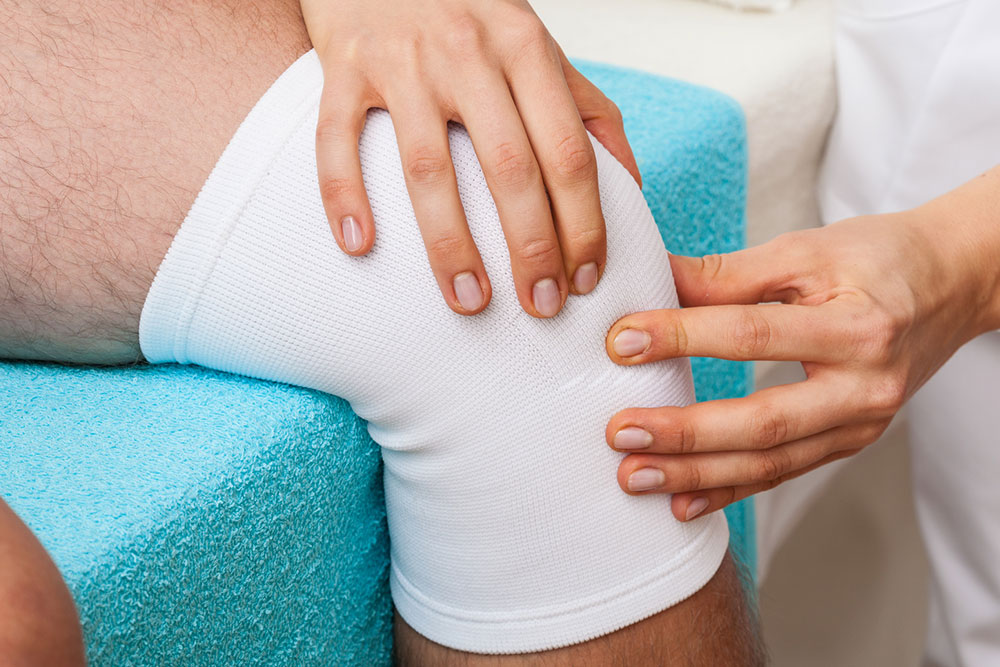Comprehensive Guide to Managing and Reducing Arthritis Symptoms Naturally
Discover effective natural strategies to reduce arthritis symptoms, including weight management, acupuncture, hot and cold therapy, herbal remedies, and targeted exercise. This comprehensive guide helps arthritis sufferers understand how lifestyle modifications can improve joint health and enhance quality of life naturally.

Comprehensive Guide to Managing and Reducing Arthritis Symptoms Naturally
Arthritis is a prevalent condition characterized by inflammation of the joints, which often results in persistent pain, stiffness, swelling, and a gradual decline in joint function. It affects a significant portion of the population worldwide, with over 50 million adults and approximately 300,000 children living with some form of arthritis. The impact on quality of life can be profound, limiting daily activities and causing emotional distress. Fortunately, numerous natural and non-invasive strategies have been proven effective in alleviating arthritis symptoms and improving joint health. This extensive guide explores these methods in detail, providing valuable insights for those seeking relief through lifestyle adjustments and alternative therapies.
Maintaining a Healthy Body Weight - Excess body weight is one of the leading contributors to joint stress, particularly in weight-bearing joints such as the knees, hips, and ankles. Every pound of extra weight exerts additional pressure on these joints during daily activities, exacerbating pain and accelerating joint deterioration over time. Therefore, achieving and maintaining a healthy weight is crucial for managing arthritis symptoms. Incorporating a balanced diet rich in nutrients and engaging in regular physical activity helps facilitate weight loss and supports joint health. Not only does weight management reduce mechanical stress, but it also lessens systemic inflammation, which is often elevated in individuals with arthritis.
Reducing stress through weight management has a tangible impact on alleviating joint pain. It not only diminishes physical strain but also enhances overall mobility and energy levels.
Acupuncture as a Complementary Therapy - Originating from ancient Chinese medicine, acupuncture involves inserting fine, sterile needles into specific points on the body to stimulate energy flow and restore balance. Recognized by the World Health Organization for its therapeutic benefits, acupuncture has been widely used to ease joint pain associated with arthritis. Many patients report significant pain relief and improved joint function following regular sessions. Acupuncture is believed to stimulate the release of endorphins, natural painkillers, and reduce inflammation, making it a valuable complementary treatment for arthritis sufferers.
Hot and Cold Therapy - Applying thermal treatments is a simple yet effective way to manage joint discomfort. Heat therapy, such as warm baths, heating pads, or electric blankets, helps relax tense muscles, increase blood flow, and reduce stiffness. Cold therapy, using cold packs or ice applications, can effectively decrease inflammation, numb painful areas, and minimize swelling. Alternating between heat and cold treatments can yield optimal results, especially during flare-ups or after increased physical activity.
In addition to physical therapies, herbal remedies have gained popularity among those seeking natural relief. Examples include thunder god vine, known for its anti-inflammatory properties, stinging nettle, which may reduce pain, and ginkgo, devil’s claw, bromelain, and Boswellia, which are used to decrease inflammation and improve joint mobility. Although these herbal supplements can be beneficial, it is essential to consult with a healthcare professional before use to prevent potential adverse interactions or side effects.
Nutritional Support for Joint Health - Incorporating healthy dietary fats into your meals can significantly support joint function. Omega-3 fatty acids, found abundantly in fatty fish like salmon, mackerel, and sardines, as well as in flaxseed and walnuts, have potent anti-inflammatory effects. GLA (gamma-linolenic acid), present in plant oils such as evening primrose or borage oil, can help reduce stiffness and swelling. Using fish oil supplements or plant-based oils under medical supervision can be an excellent way to enhance joint health from within.
The Importance of Regular Physical Activity - Staying active is vital for maintaining joint flexibility and muscle strength. Low-impact exercises such as walking, swimming, cycling, or tai chi are particularly suitable for those with arthritis. These activities promote circulation, reduce stiffness, and help prevent further joint deterioration. Regular exercise also releases endorphins, which act as natural painkillers, improving mood and overall well-being. A tailored exercise program developed in consultation with healthcare providers ensures safety and efficacy.
Overall, managing arthritis involves a holistic approach that combines weight control, physical therapies, herbal remedies, proper nutrition, and consistent physical activity. These natural strategies can significantly reduce pain, enhance mobility, and improve quality of life for those affected. It is important to work closely with healthcare professionals to develop an individualized plan that respects the specific needs and conditions of each patient. With patience, persistence, and the right lifestyle choices, many individuals with arthritis can lead active, comfortable lives and enjoy better joint health over time.





